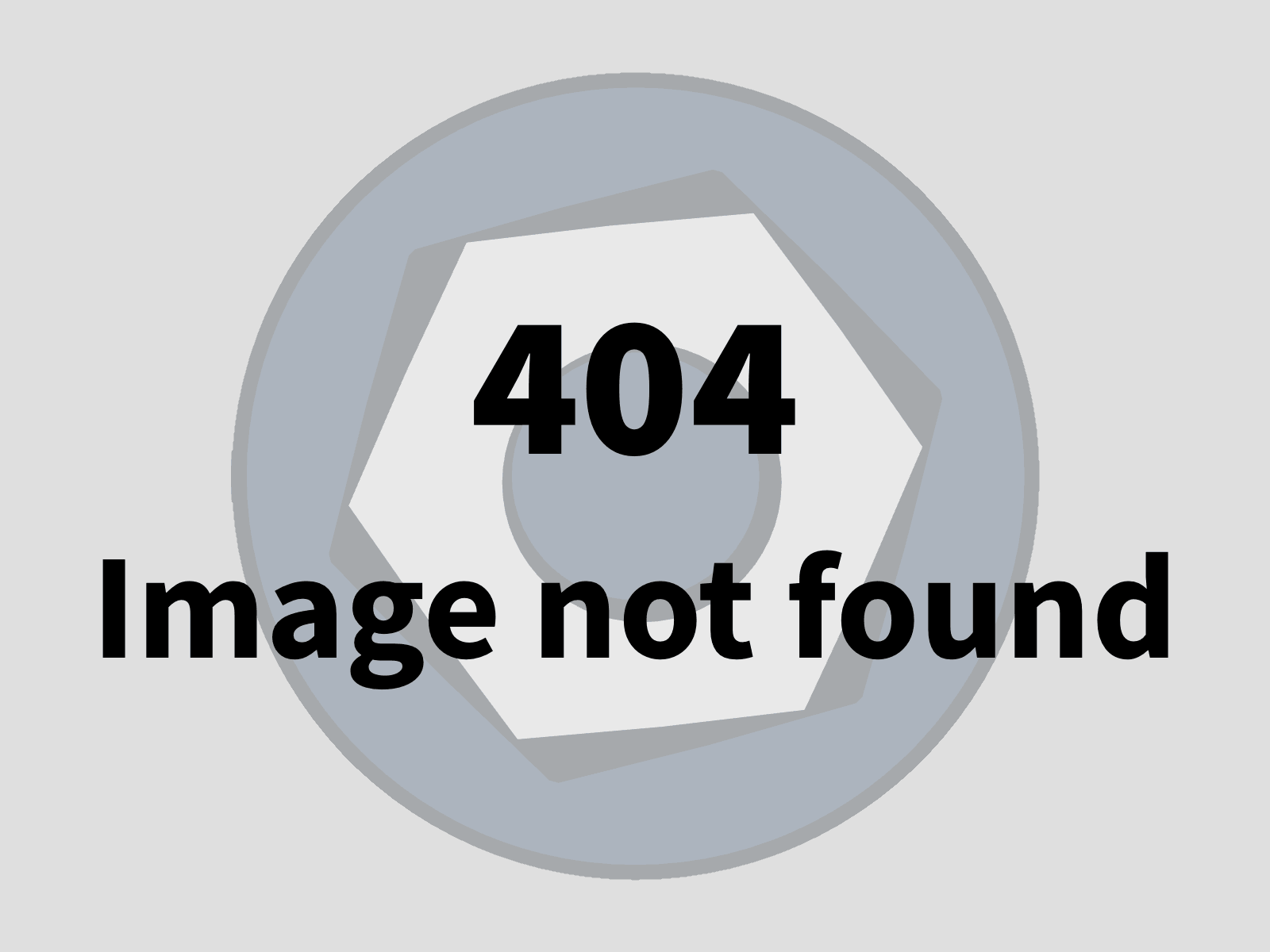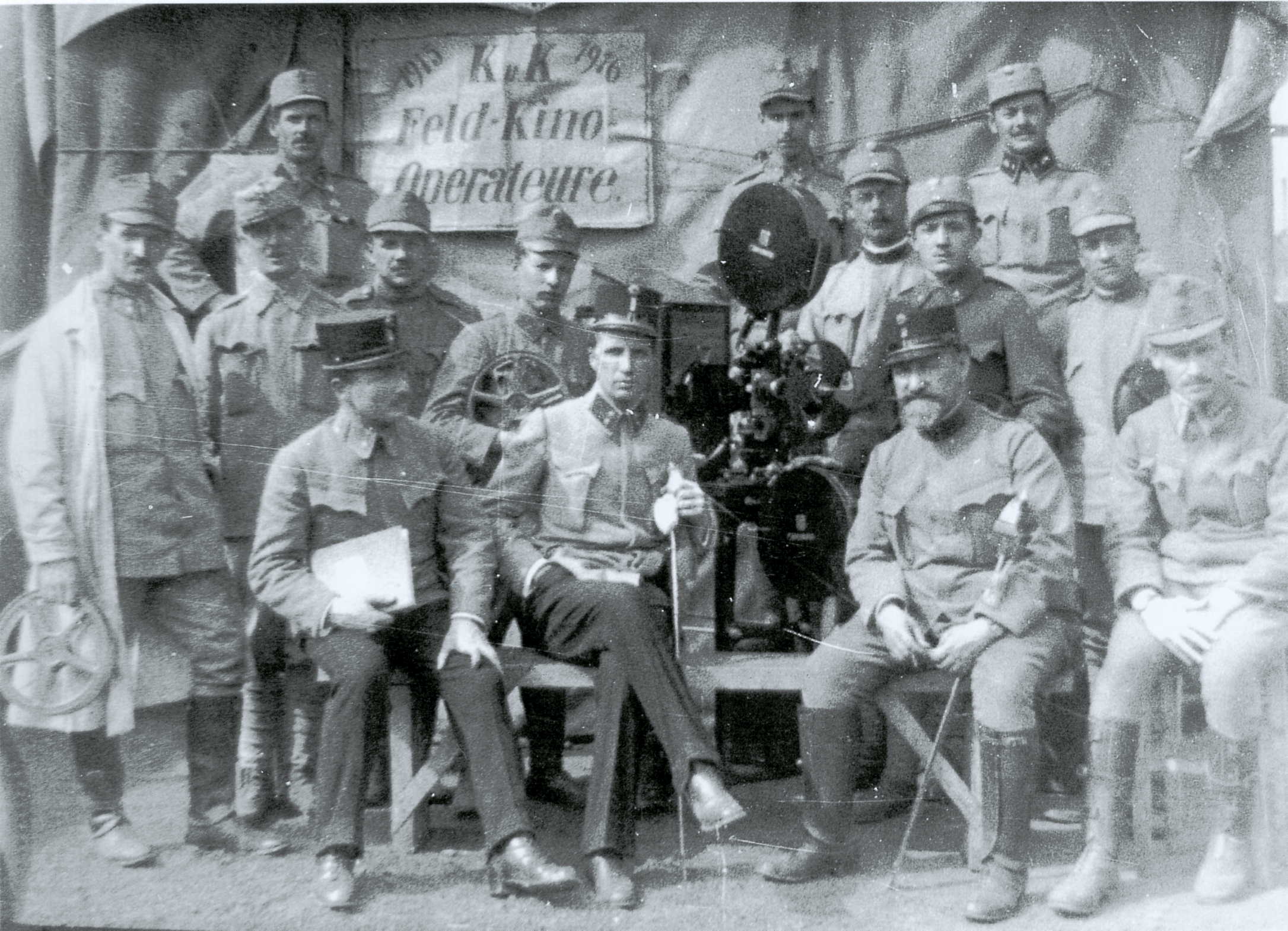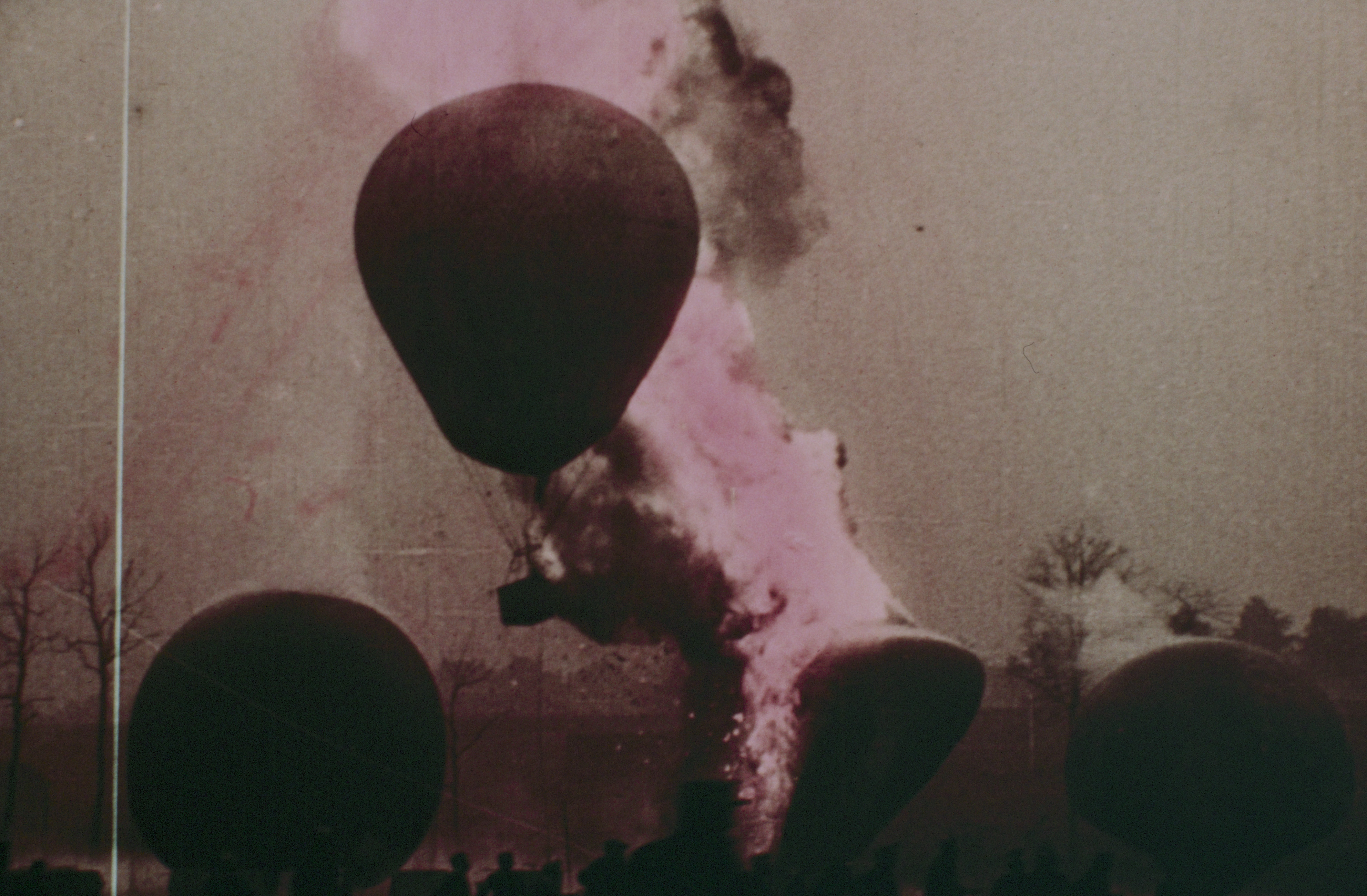Meet the Members Council: Kerstin Herlt

Hi everybody! I am Kerstin and I’m one of the 25 Council Members representing the Europeana Network. As a member of this council, we work to represent you, and to make decisions on your behalf. Representing the interests of 1,700 Network Members is no small task, but we will do our best to make your voice heard.
We are now shifting from a network to an association, and this move is not only a formality. The idea behind this shift is to become an organisation that fully builds on its members, creating a forum where you can take an active role in the development of Europeana.
Promoting a sense of community
Together with Max, Joke, Rolf (each of whom you have already met on this blog) and Francesca from the Council as well as Aubéry from the Europeana Foundation team, I am part of the Members Council (MC) Communication Work Group. We want to make the new governance structure and decision-making processes as transparent as possible and keep you updated on the procedures and next steps. We will also coordinate upcoming campaigns regarding membership in the new Association, the next elections - we are looking for 25 more Council members! - and the AGM as well as other topics relevant to the Europeana Network.
Aside from this group, there is another Communication group, which I am chairing together with Eleanor Kenny from Europeana: the Task Force Europeana Communicator’s Group. The aim of this Task Force is to provide recommendations for a workable and sustainable communication strategy, and one which goes beyond the exisiting network.
Our guiding question is how Europeana can promote a sense of community and inclusiveness when liaising with this wider network. The Task Force can rely on the expertise of its members who are or have been responsible for communication and dissemination in projects such as Europeana Awareness, EUScreen XL, Europeana1914-1918 and others.
And now, a few words about me and the sector I am representing in the Council. Since 2005, I’ve run the office of the Association of European Cinematheques (ACE), which is based in Brussels and Frankfurt. ACE is a network of national and regional film heritage institutions who share the same tasks: to collect, preserve and promote Europe’s cinematographic memory.

Still from 'Feldkino' (AT 1916), Source: Filmarchiv Austria, Vienna.
We represent the interests of our community towards the European Commission, policymakers and other stakeholders. We aim to improve the economic and legal conditions for film heritage institutions so that they can fulfil their public mission in a digital environment. Our key topics are copyright and (funding for) digitisation. A big part of our work is similar to what Paul (Keller) described in his blog: we talk and write to the Commission’s officials and MEPs, respond to consultations, and try to follow the AV and film heritage policy in Brussels as closely as possible.
ACE has been a member of the Europeana Foundationfrom the beginning, and I became more closely involved in 2008, when ACE partnered in the European Film Gateway (EFG) and WWI project, EFG 1914.
Both projects wouldn’t have been possible without Europeana. With the European Film Gateway European film archives have built an infrastructure to make their collections accessible via a single access point. In EFG1914 ca. 3,000 films related to the First World War have been digitsed and made available on EFG and Europeana. Considering that according to estimates, only about 20% of the film production in Europe between 1914 and 1918 has survived, the body of films made available through EFG1914 is a considerable share of what has been preserved by European film archives.

Still from 'Maudite soit la guerre' (BE 1914), D: Alfred Machin, Source: EYE Film Institute Netherlands, Amsterdam
A European perspective
We share some of the same ideas as Europeana: we want copyright rules that are fit for the digital age and allow cultural institutions to make part of their collections available for education, research and other non-commercial purposes. We had some success with the Orphan Works Directive, and now we are trying to achieve a regulation for those film works that are no longer commercially exploited. If you follow the discussion about EU copyright reform, you might feel there is still a rather long way to go.
I completely agree with the declaration of the Comité des Sages that “digitisation is more than a technical option, it is a moral obligation” ('The New Renaissance', 2011). People have a right to access these films, as they capture our shared history and culture.
Public sector cuts mean this now falls to individual member states, and I feel strongly we need EU funding for cross-border digitisation projects in order to strengthen a European perspective rather than just a national view of our joint history. In times where support for the concept of Europe seems to decrease, these projects are more important than ever. Hopefully by continuing to demonstrate the value of cross-border digitisation efforts, we can change that in the future.
